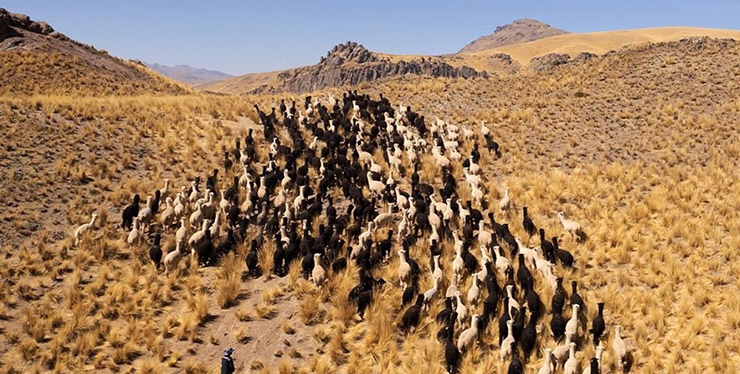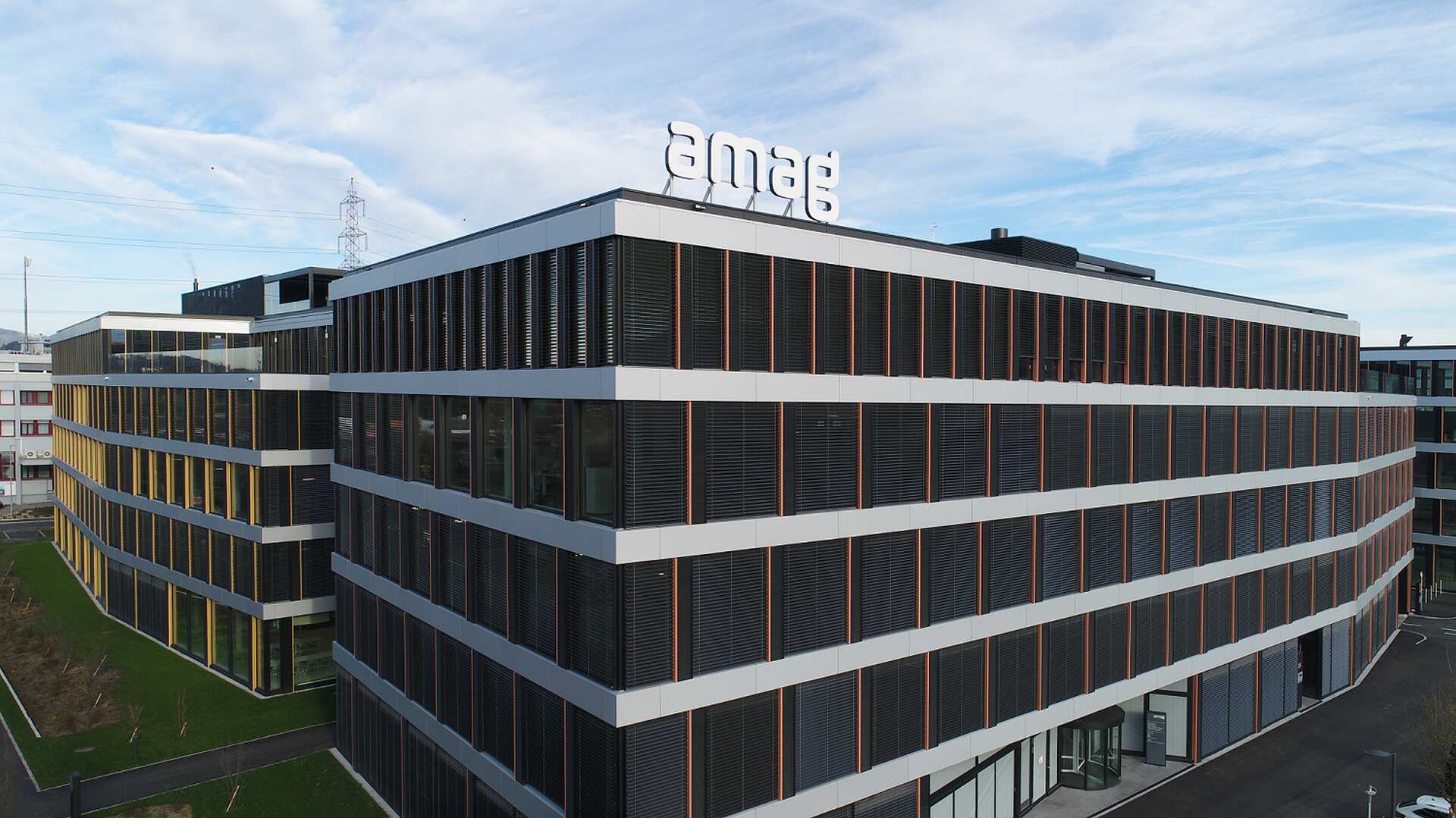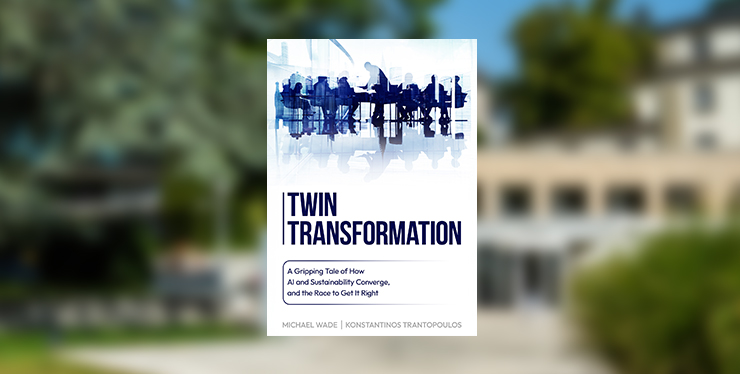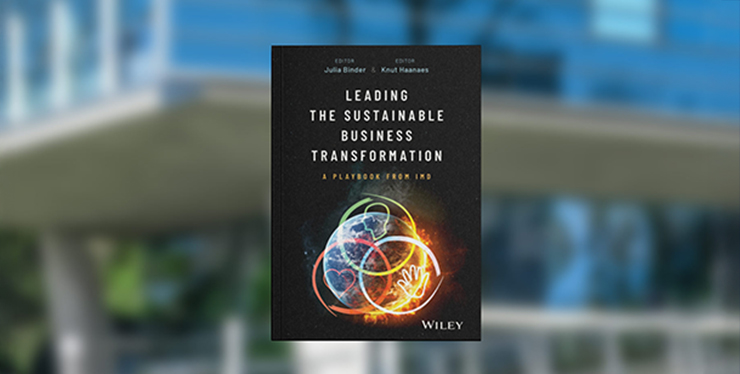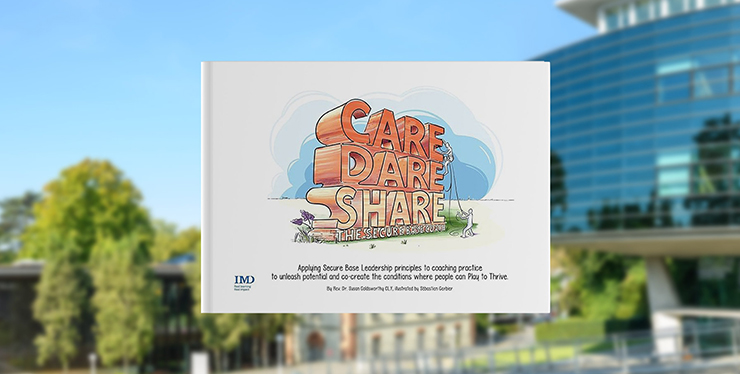IMD business school for management and leadership courses

Assortment optimization presents a complex challenge for retailers, as it depends on numerous decision factors. Changes in assortment can result in demand redistribution with multi-layered consequences. This complexity is even more pronounced for omnichannel retailers, which have to manage assortments across multiple sales channels. Choice model…
Research Information & Knowledge Hub for additional information on IMD publications
Considering ambidexterity and dynamic capability theories, the present study aims to examine the relationship between AI capabilities, export market exploration and exploitation, international marketing capabilities and export performance. Moreover, the moderating effect of environmental dynamism and competitive intensity is measured.
Research Information & Knowledge Hub for additional information on IMD publications
Understanding conflict in family businesses is a complex but essential study area for practitioners and academics. To enhance theoretical precision and provide practical insights, this article presents a comprehensive framework of family business conflict that integrates perspectives from the family business, organizational, management, psycholo…
Research Information & Knowledge Hub for additional information on IMD publications
The supply chain risk management literature differentiates between disruption risk that arises from supply disruptions to normal activities and recurrent risk that arises from problems in coordinating supply and demand in the absence of disruptions (Kleindorfer and Saad 2005). Over the past decades, significant research has been carried out to b…
Research Information & Knowledge Hub for additional information on IMD publications
We systematically review business research concerning the planetary boundaries framework: A natural science framework that identifies nine Earth system boundaries that govern the safe operating space for humanity. Ten years after the introduction of the planetary boundaries in business studies, we pose two critical questions: How has the planeta…
Research Information & Knowledge Hub for additional information on IMD publications
Environmental claims are becoming increasingly common in corporate disclosures, but whether they correspond to genuine environmental action rather than greenwashing remains unclear. This paper explores the relationship between companies’ environmental claims and their tangible efforts in pursuing environmental sustainability objectives, proxied …
Research Information & Knowledge Hub for additional information on IMD publications
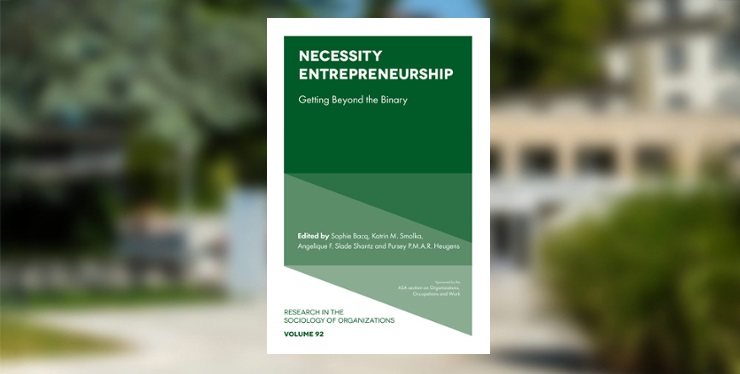
Necessity entrepreneurship is broadly understood as the identifying and seizing of business opportunities to address basic needs such as food and shelter. This volume proposes new ways of seeing, theorizing, and researching necessity entrepreneurship. Scholars from across the management field expand our collective understanding, presenting neces…
Research Information & Knowledge Hub for additional information on IMD publications

